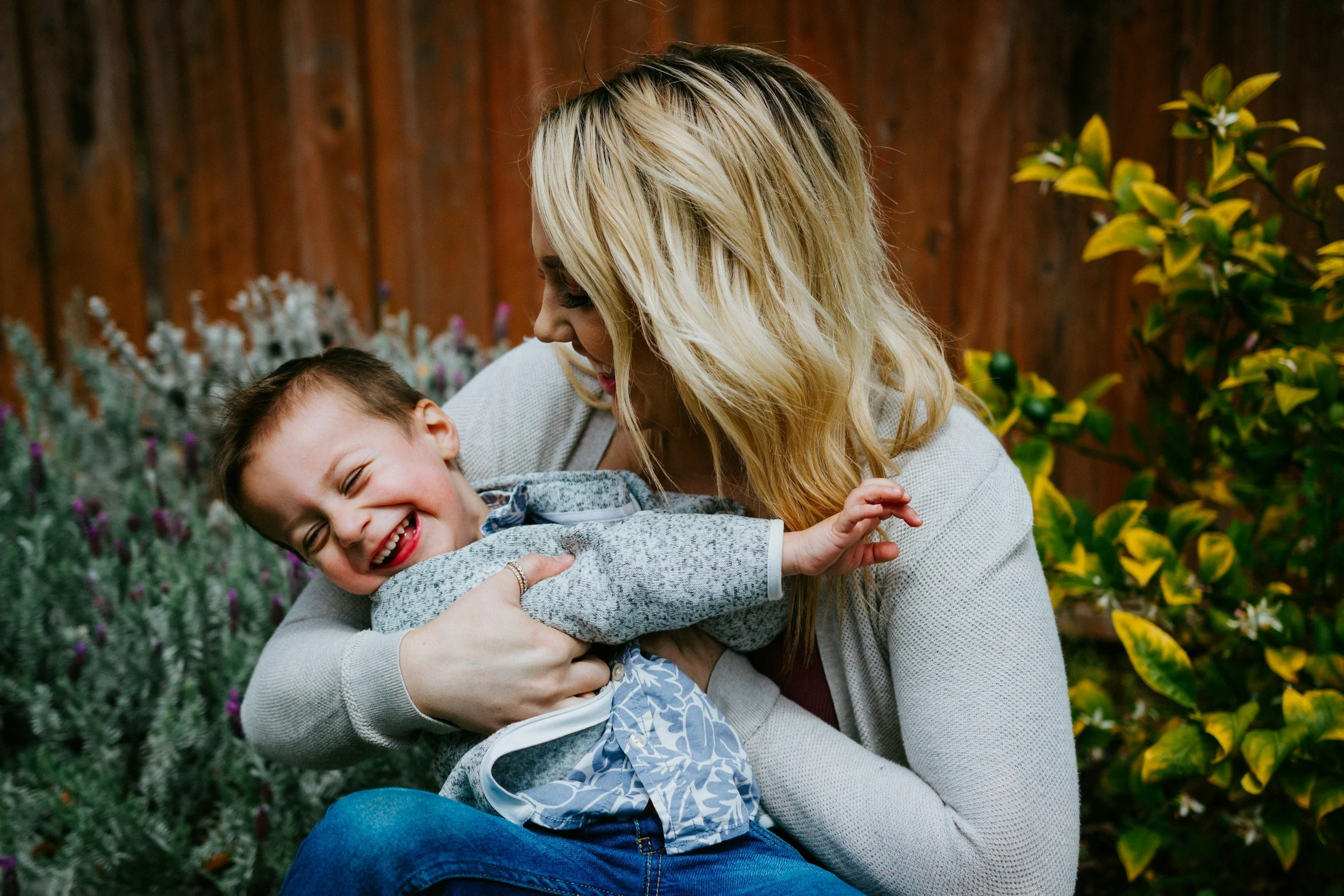Gentle Parenting: Truths and Myths
Gentle parenting is gaining popularity, but it’s also one of the most misunderstood approaches to raising children. Some hear “gentle” and assume it means passive, permissive, or overly soft. Others worry it won’t prepare children for the real world.
The truth is, gentle parenting isn’t about being perfect or passive—it’s about being purposeful. It’s a parenting style rooted in respect, connection, boundaries, and emotional regulation (for both parent and child).
Let’s explore some of the most common myths and truths about gentle parenting so you can better understand what it is—and what it isn’t.
Myth #1: Gentle Parenting Means Letting Kids Do Whatever They Want
Truth: Gentle Parenting Includes Firm, Respectful Boundaries
Gentle parenting is not the same as permissive parenting. It doesn’t mean saying “yes” to everything or avoiding discipline. It means setting clear, age-appropriate boundaries with kindness, consistency, and connection.
A gentle parent might say:
“I can see you’re upset, but I won’t let you hit. Let’s find another way to express your big feelings.”
Discipline in gentle parenting is about teaching, not punishing. The goal is to guide behaviour, not control it through fear.
Myth #2: Gentle Parenting Is Only for Young Children
Truth: Gentle Parenting Is Effective at Every Age and Stage
Gentle parenting isn’t just about how you handle toddler tantrums—it’s a relational approach that grows with your child. Whether they’re 2 or 16, children still need connection, guidance, and emotional safety.
With teens, gentle parenting might look like:
• Holding space for big feelings without judgement
• Offering autonomy while keeping open communication
• Repairing ruptures through mutual respect
Connection remains key, even (and especially) during the tougher stages.
Myth #3: It’s Just a Trend or Buzzword
Truth: It’s Backed by Brain Science and Child Development Research
Gentle parenting aligns with what we now understand about the brain and nervous system. Research shows that children learn best in the context of safe, secure relationships where their emotions are acknowledged and co-regulated.
This approach supports:
• Healthy brain development
• Emotional regulation and resilience
• Secure attachment and long-term relational skills
It’s not about being trendy—it’s about being trauma-informed and relationally wise.
Myth #4: Kids Raised This Way Will Be Entitled or Fragile
Truth: Kids Raised with Gentle Parenting Learn Empathy, Boundaries, and Accountability
Because gentle parenting teaches through connection and natural consequences, children learn to take ownership of their behaviour. They’re not simply complying out of fear—they’re learning why something matters and how their actions affect others.
Gentle parenting builds:
• Inner motivation, rather than external pressure
• Emotional intelligence
• Confidence balanced with respect for others
The result? Kids who are both compassionate and responsible.
Myth #5: Gentle Parenting Is Easy
Truth: It Can Be One of the Hardest (and Most Healing) Ways to Parent
Choosing gentleness in moments of defiance, exhaustion, or triggers isn’t easy. Especially if you weren’t raised this way yourself, gentle parenting can stir up unresolved emotions from your own childhood.
It takes deep self-awareness, intentionality, and support—but the transformation it creates, for both parent and child, is powerful and lasting.
Final Truth: Gentle Parenting Isn’t About Being Perfect—It’s About Being Present
You will have hard days. You will raise your voice sometimes. You’ll say things you wish you hadn’t. But the heart of gentle parenting is this: repair is always possible. Your relationship with your child is built not on perfection, but on connection, humility, and love.
At Sound Mind Counselling and Family Therapies, we support parents who are breaking cycles, navigating parenting triggers, and building strong, emotionally healthy relationships with their children. Whether you’re new to gentle parenting or deep in the trenches, you don’t have to do it alone.



